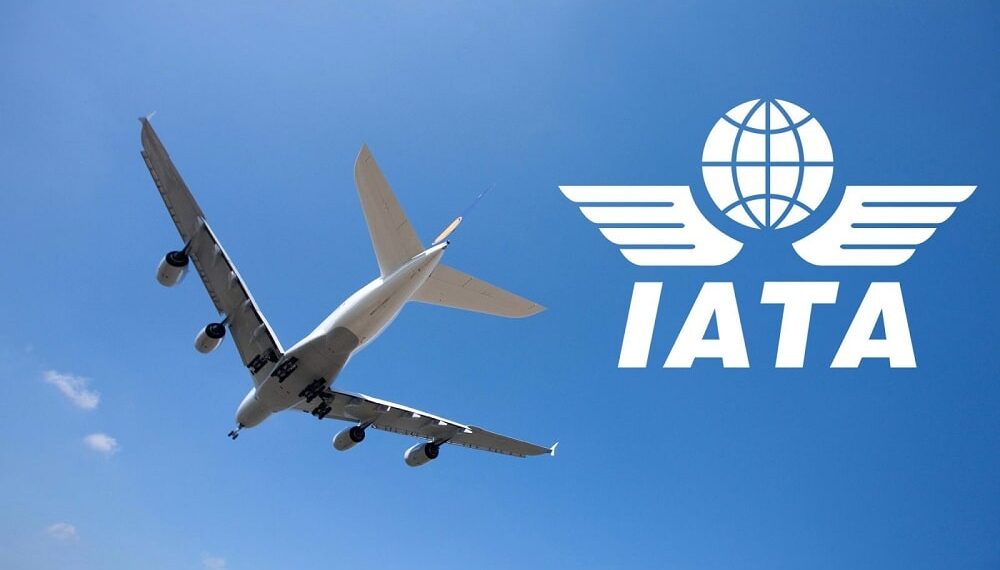IATA has Appealed to the Ethiopian government to unblock $95 million in airline funds, ensuring air connectivity isn’t affected. Adherence to international agreements for repatriating revenues is crucial for global air connections. Ethiopia’s recovery from COVID-19 is strong, with regional connectivity at 113% of pre-crisis levels. In Q1 2023, Ethiopian passenger traffic exceeded pre-crisis levels by 19%, surpassing Africa’s overall demand of 8.7% above pre-crisis levels.
IATA raised concerns about the inadequate funds allocated by the Ethiopian Government and Central Bank to the aviation industry. As a result, $95 million in airline funds are blocked within the country, which poses risks to Ethiopia’s global hub and its associated economic and social benefits. Walsh urged Ethiopia to swiftly address this issue by following global rules and cooperating with the industry.
The airline has performed exceptionally well, with positive indicators suggesting continued success. Despite recovering from the pandemic’s impact, Ethiopian Airlines still faces challenges in repatriating accumulated funds in various countries, with over $180 million currently stranded. The transfer of funds remains a critical challenge for airlines.
In addition to addressing blocked funds, other priorities to strengthen Ethiopia’s aviation sector include implementing the Single African Air Transport Market (SAATM) for significant economic benefits. Not only SAATM in Ethiopia alone could create 21,000 jobs but also add $81.8 million to its GDP. Encouraging the growth of a Sustainable Aviation Fuel (SAF) industry is also crucial to reduce carbon emissions and align with the net-zero goals by 2050. Ethiopia has the potential to become a major SAF producer due to its unique resources and vast land area.
With an average annual passenger traffic growth of 6%, the Ethiopian aviation industry is set to grow and triple over the next 17 years (by 2040). This presents a unique opportunity for the Ethiopian government to promote sustainable aviation fuel (SAF) production. By leading in sustainable practices, Ethiopia can not only support the anticipated increase in air travel but also generate significant job opportunities and enhance the local economy, constructing a successful and environmentally responsible aviation future.


































